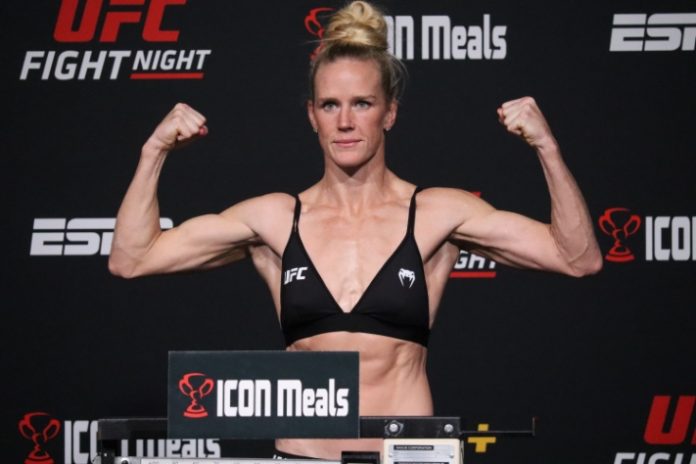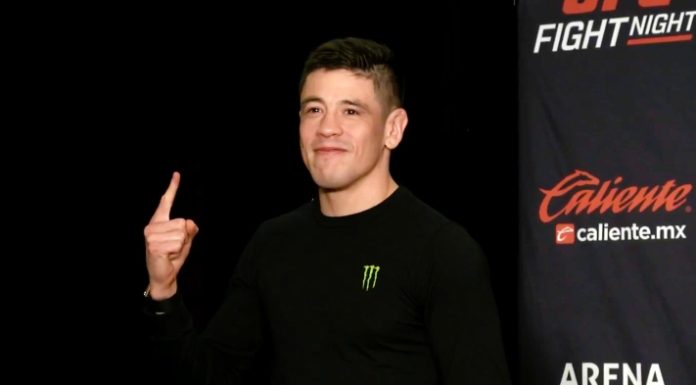
This past weekend’s UFC Vegas 55 saw a high profile fight once again end with a judging controversy.
Ketlen Vieira was given the nod by two judges against Holly Holm, a decision that did not sit well with the former champion, and many of those watching. It was a close fight, with much of the scoring dependent on one’s interpretation of the scoring criteria used under the Unified Rules of MMA.
In the wake of this latest controversy, Holm’s team, the fabled Jackson-Wink MMA in New Mexico, has issued a statement calling for increased accountability for MMA judges. Or just accountability, period.
“Judges need to be held accountable for making mistakes, just like everyone else is held accountable, penalized, and punished for wrong doings… Judges are not above everyone else… Why are their decisions so untouchable and are never overturned?” the statement, posted to the gym’s verified social media profiles, questioned. “If this is not fixed, the legitimacy of this sport is at question! PS: What’s the point of counting strikes if they don’t mean anything and judges don’t even look at the stats. What do they go by?”
As of 2019, the Unified Rules lists a prioritized criteria for judges to score fights with. Per the updated rule set, “Effective Striking/Grappling shall be considered the first priority of round assessments. Effective Aggressiveness is a ‘Plan B’ and should not be considered unless the judge does not see ANY advantage in the Effective Striking/Grappling realm. Cage/Ring Control (‘Plan C’) should only be needed when ALL other criteria are 100% even for both competitors. This will be an extremely rare occurrence.”
At issue seems to be the definition of “effective grappling” — i.e. does grappling up against the cage, while standing, which does not result in a takedown or attempt to finish the fight, fall under “effective grappling” or “cage control?” And in terms of striking, as Jackson-Wink points out: judges do not have access to real-time stats.
In terms of accountability, that currently falls to the hodge-podge of athletic commissions across North America and around the globe. But anecdotally, at least, decisions being overturned, and judges facing any sort of consequences for bad calls, have been rare to say the least.




















